Without urgent action and investment, 3.6 billion people will have little hope of surviving global warming, writes David Green of Christian Aid.
Spring is upon us, despite the best attempts of recent snow. If you are like me, you will already be looking forward to sunnier months.
Across Scotland, the appearance of sun as a rarity is a thing of the past. Last summer broke the record for heatwaves and, if forecasters are to be believed, this summer will do so again.
Increasing heatwaves and extreme weather events at home is just one side of the climate crisis story, but it is far from the full picture.
For many of the vulnerable communities around the world that Christian Aid supports, the climate crisis is having a devastating impact.
In the last year, we have seen an acute hunger crisis across East Africa due to failed harvests and water shortages. In Pakistan and Bangladesh, schools and hospitals have been swept away in floods. Horrific fires also destroyed homes across Europe.
This is affecting real people, causing real loss, and real damage.
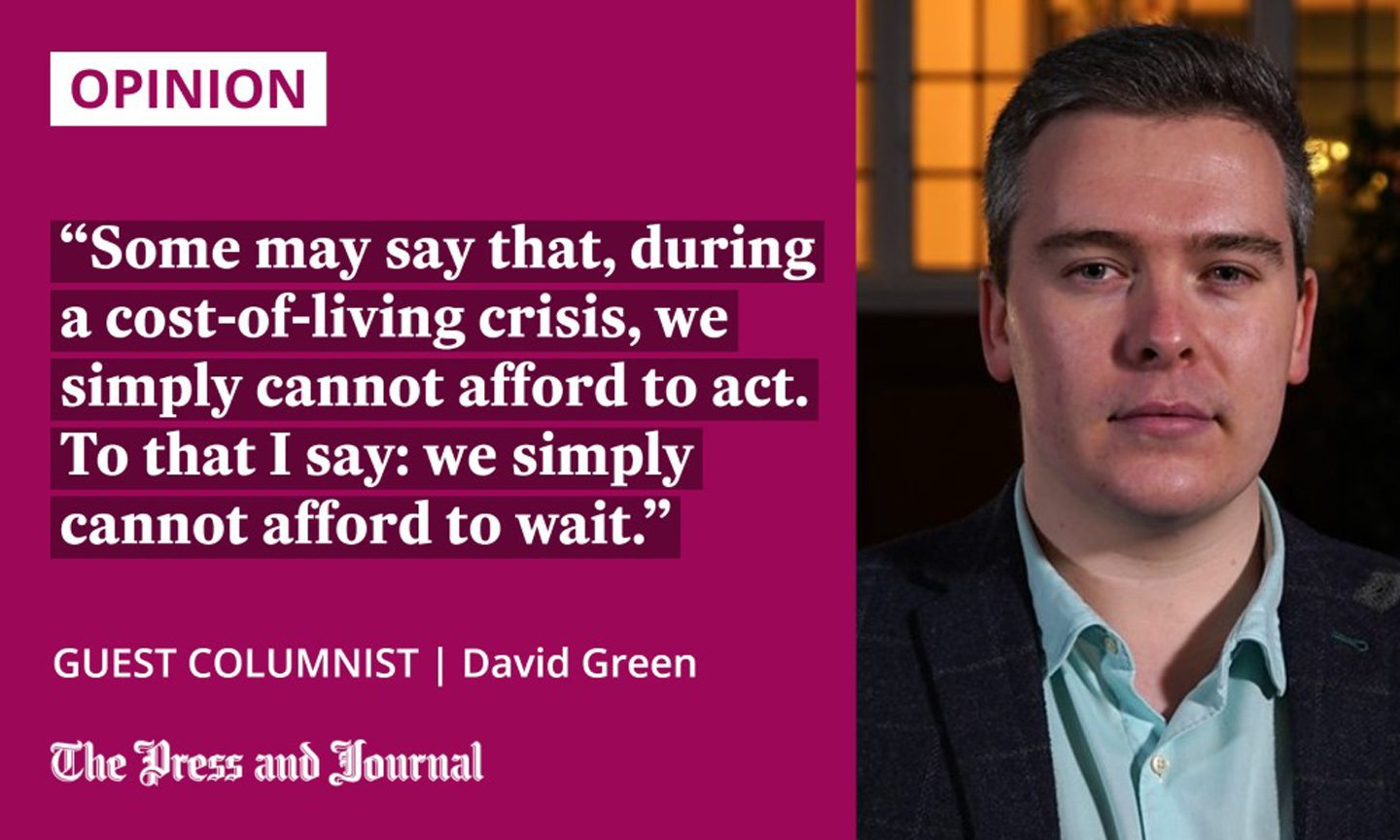
Without urgent action and investment, the UN says that up to 3.6 billion people living in climate-vulnerable countries will have little hope of adapting to the devastating impact of the climate crisis.
A recent Christian Aid report found that, across Africa alone, the climate crisis could force GDP growth to plummet by up to 64% by the end of the century. This is an economic crisis, too.
However, there is hope.
A few months ago, international leaders came to a historic agreement at the international climate summit, COP27, to create a loss and damage fund. Establishing this fund is recognition that the majority of communities on the coalface of the climate crisis – across East Africa, for example – are not the communities which have contributed the most to the problem.
It is recognition that wealthy countries across the post-industrial world, such as the UK, have benefitted the most from the climate crisis, and therefore have a moral responsibility to pay their share of the damage.
Polluter countries must pay to help others in need
First Minister Nicola Sturgeon’s legacy has been well-debated in recent weeks, and views invariably diverge. On loss and damage, she committed some £7 million. Indeed, the Scottish Government was one of the very first governments to do so. But this is not enough.
With COP28 just months away, international leaders are still to resolve the decisions concerning who pays in and who is eligible. We need to see both of Scotland’s governments working together to ensure that loss and damage finance – and the decision-making on how best to spend it – is put into the hands of the poorest and most vulnerable communities affected.
We also need to see the UK Government demonstrate global leadership by championing efforts to mobilise funding from wealthy countries and fossil fuel giants, in line with the principle of “polluter pays”.
The Scottish Liberal Democrats backed these proposals at their conference in Dundee last Saturday. However, these issues shouldn’t be on the agenda of just one party, but on the agenda of all parties.
Some may say that, during a cost-of-living crisis, we simply cannot afford to act. To that I say: we simply cannot afford to wait.
We are currently failing to be a good society
Analysis by Christian Aid reveals that the 10 most costly climate-related disasters in 2022 all had an impact of $3 billion or more. These estimates are based only on insured losses, meaning financial costs are likely to be even higher. That is all before we consider the immeasurable human cost.
While governments haggle, people who have done the least to cause the climate crisis have the most to lose
I’ll end with this. Bijana Tenesani, 26, lives in Malawi. Last year, her family’s small business was destroyed in a storm. To my colleagues, she said: “Because of extreme weather conditions… the community experiences food shortages yearly”.
While governments haggle, people like Bijana, who have done the least to cause the climate crisis, have the most to lose. They are trapped in a vicious cycle of poverty and debt. If the litmus test of a good society is how we support those in need, we are currently failing.
Spring is a time of renewal and fresh starts. In that spirit, let it be time for UK leaders to recognise our role in tackling this climate injustice.
David Green is public engagement lead for Christian Aid
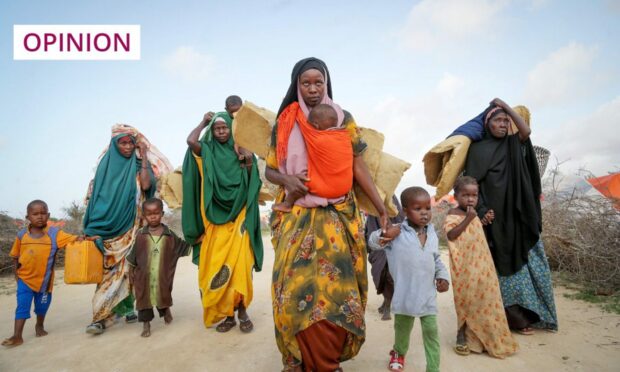

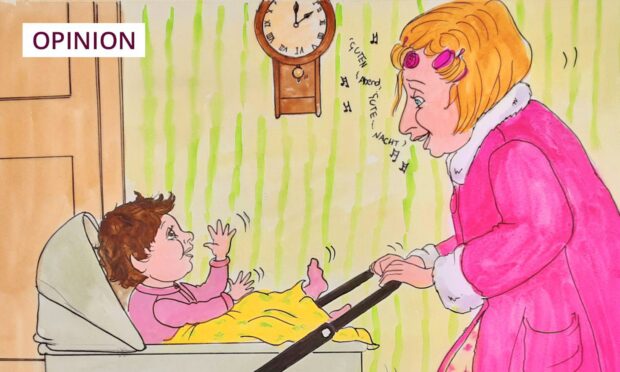
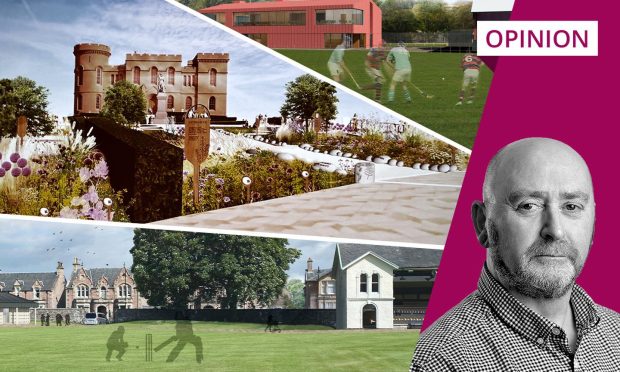
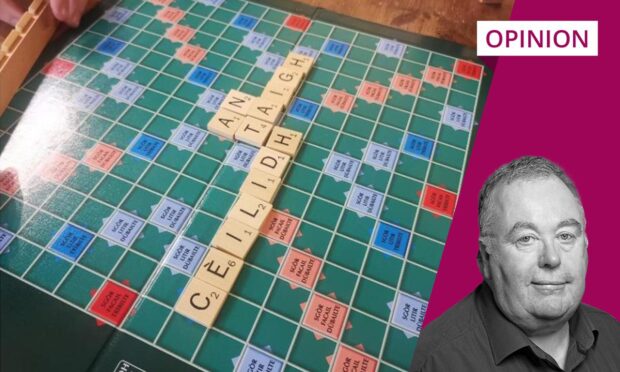
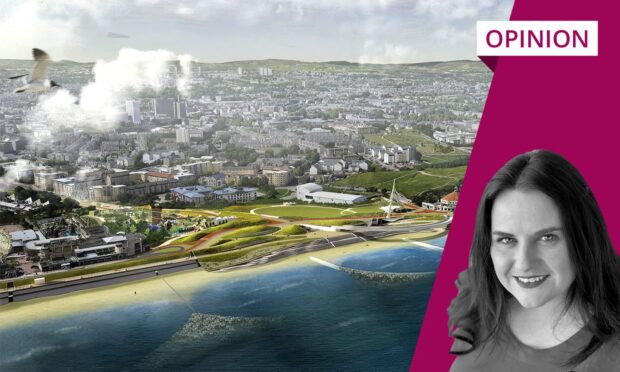
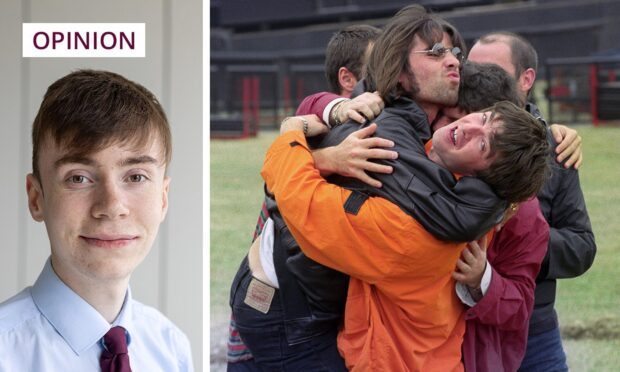
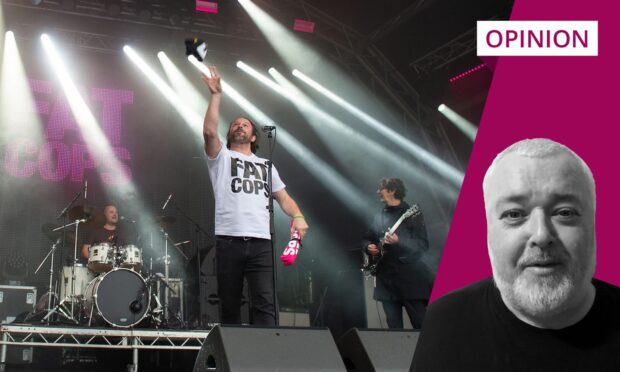
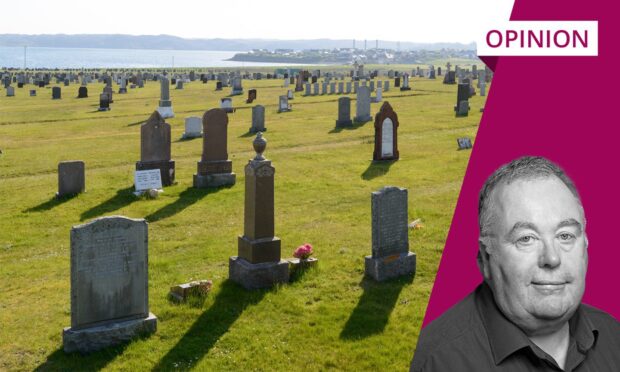
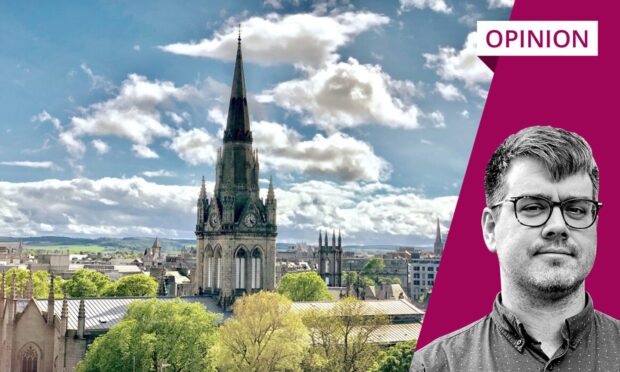
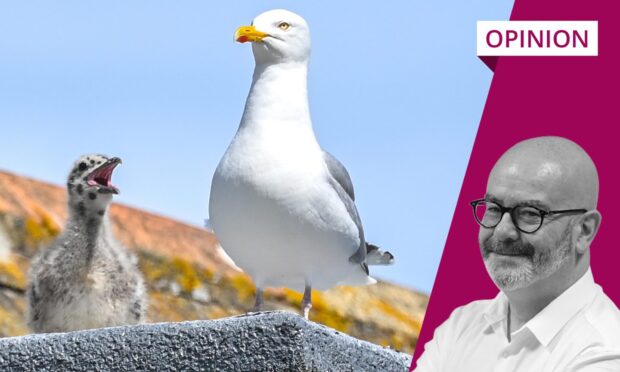
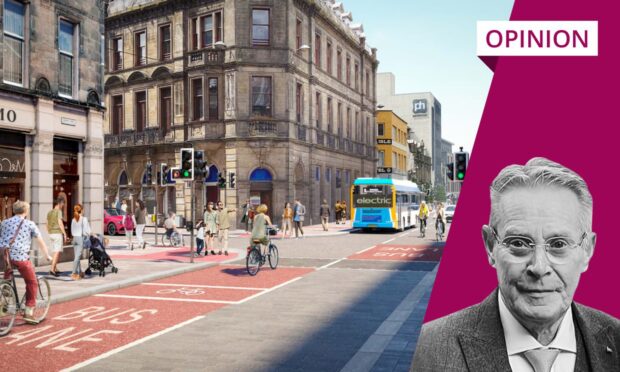
Conversation